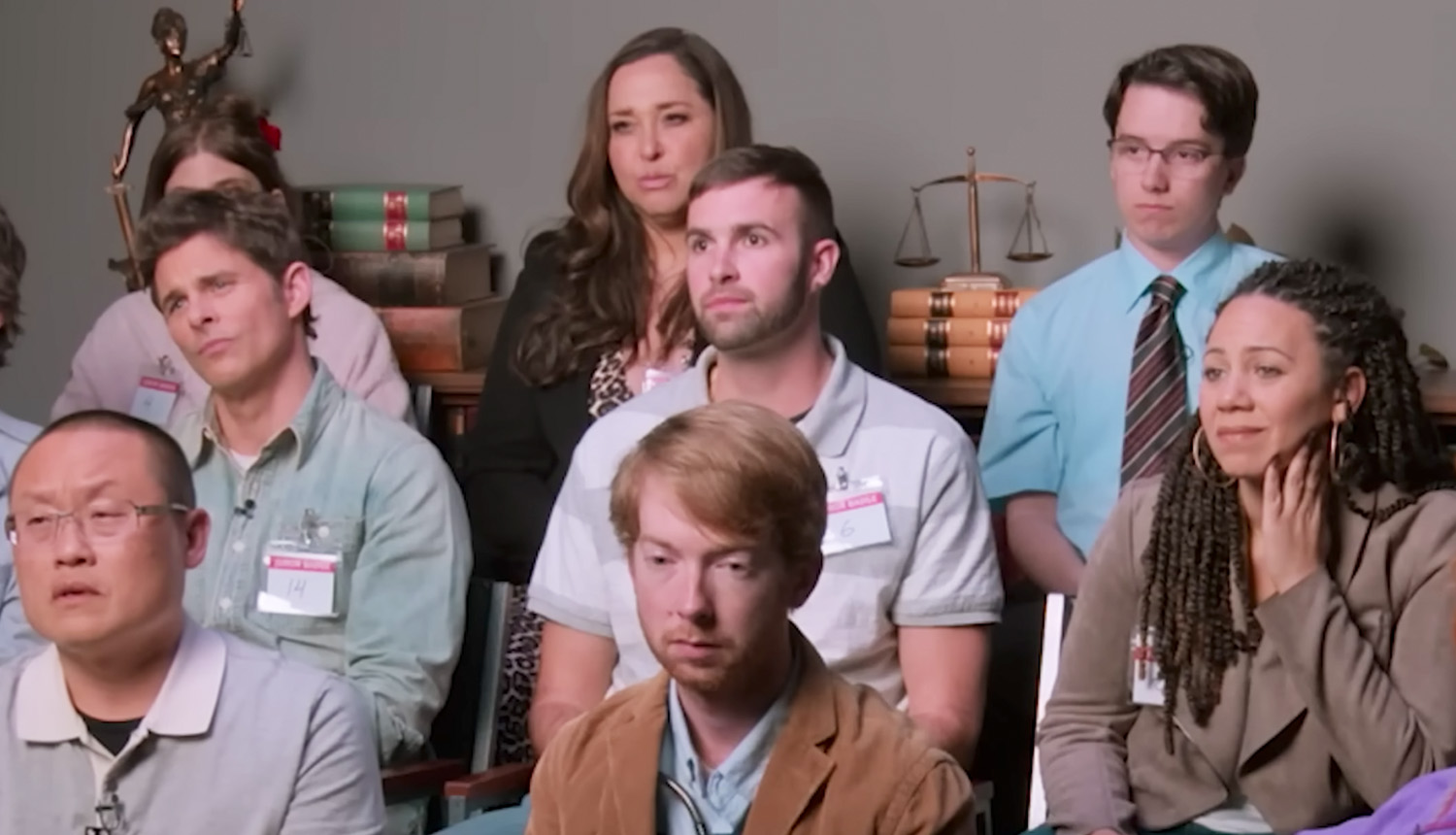Unveiling The Mysteries Of Jury Duty Behind The Scenes
When you think of jury duty, what comes to mind? Perhaps it’s the image of a group of ordinary citizens sitting in a courtroom, listening to evidence, and making critical decisions about the fate of defendants. However, there is so much more to the process than what meets the eye. In this article, we will take you on a captivating journey through the jury duty experience, revealing the intricate workings and the people involved behind the scenes. From selection processes to courtroom dynamics, we will explore the many facets of jury duty that often go unnoticed.
Jury duty is a civic responsibility that many dread, yet it plays a vital role in the justice system. It embodies the principle of a trial by a jury of one’s peers, ensuring that the legal system remains fair and just. But what actually happens behind the closed doors of the courthouse? How do jurors prepare for their roles, and what challenges do they face while navigating the complexities of the law? Join us as we delve into the lesser-known aspects of jury duty, shedding light on the experiences of jurors, judges, and attorneys alike.
Whether you’re a seasoned juror or have never set foot in a courtroom, understanding the behind-the-scenes workings of jury duty can provide valuable insights into the judicial process. From the moment a juror receives that daunting summons to the final verdict, the journey is filled with unique challenges and learning opportunities. Let’s uncover these hidden stories and gain a deeper appreciation for the role of jurors in our society.
What is the Role of a Juror?
Jurors are the backbone of the judicial system, tasked with evaluating evidence and rendering verdicts in criminal and civil cases. Their role is critical, as they bring diverse perspectives and life experiences to the courtroom. Here are some key responsibilities of jurors:
- Listening to testimonies and examining evidence presented during the trial.
- Deliberating with fellow jurors to reach a consensus on the case.
- Applying legal standards to the facts of the case to determine guilt or liability.
- Rendering a final verdict that reflects their collective judgment.
How Are Jurors Selected?
The selection of jurors, known as “voir dire,” is a meticulous process aimed at ensuring a fair and impartial jury. This process involves several key steps:
- Jury Pool: Potential jurors are drawn from a pool of registered voters or licensed drivers in the jurisdiction.
- Summons: Selected individuals receive a jury summons, requiring them to appear at the courthouse.
- Questioning: During voir dire, attorneys for both sides question potential jurors to identify any biases or conflicts of interest.
- Selection: Jurors are then chosen based on their answers and the needs of the case.
What Happens During a Trial?
Once jurors are selected, they are sworn in and the trial begins. Here’s a brief overview of the typical trial process:
- Opening Statements: Both sides present their case outlines to the jury.
- Presentation of Evidence: Witnesses are called, and evidence is introduced and examined.
- Closing Arguments: Attorneys summarize their cases, urging the jury to consider their perspectives.
- Deliberation: Jurors discuss the case in private and work towards a verdict.
What Challenges Do Jurors Face?
Being a juror is not without its challenges. Jurors often encounter various hurdles during the trial process, including:
- Understanding complex legal language and procedures.
- Managing personal biases that may influence their judgment.
- Collaborating with a diverse group of individuals with differing opinions.
- Dealing with the emotional weight of the cases they hear, especially in criminal trials.
How Do Jurors Prepare for Their Roles?
Jurors may not receive extensive training, but they can prepare for their roles in several ways:
- Reviewing juror instructions provided by the court.
- Engaging in discussions with fellow jurors during deliberation.
- Seeking clarification from the judge when needed.
What Happens After the Verdict?
After the jury reaches a verdict, there are several important steps that follow:
- Announcement of the Verdict: The jury returns to the courtroom to deliver their decision.
- Post-Trial Interviews: Jurors may be contacted by the media or researchers to share their experiences.
- Reflection: Many jurors take time to reflect on their experiences and the impact of their verdict.
Why Is Jury Duty Important?
The importance of jury duty in upholding justice cannot be overstated. Here are a few reasons why it matters:
- Ensures a fair trial, protecting the rights of defendants.
- Provides a voice to ordinary citizens in the legal system.
- Promotes civic engagement and awareness of the judicial process.
The Future of Jury Duty: What Changes May Occur?
As society evolves, so too does the judicial system. Potential changes in jury duty may include:
- Increased use of technology in jury selection and trial processes.
- Greater emphasis on juror education and resources.
- Exploration of alternative dispute resolution methods that may reduce the need for jury trials.
In conclusion, the world of jury duty is filled with complexity and significance. By understanding the jury duty behind the scenes, we gain a deeper appreciation for the dedication of jurors and the weight of their responsibilities. Whether you find yourself summoned for duty or simply wish to learn more about the legal system, this knowledge empowers us all to participate actively in our democracy.
Exploring The Legacy Of Andra Day's Dad
Peyton Coffee's Heartbreaking Loss: A Tribute To Her Boyfriend
Cherished Bonds: The Significance Of Cousin Matching Tattoos Small


